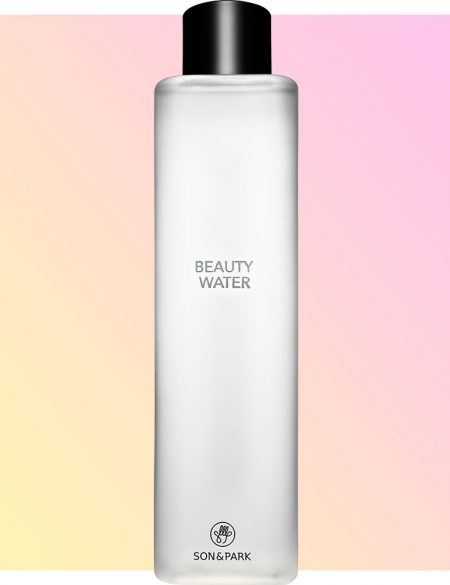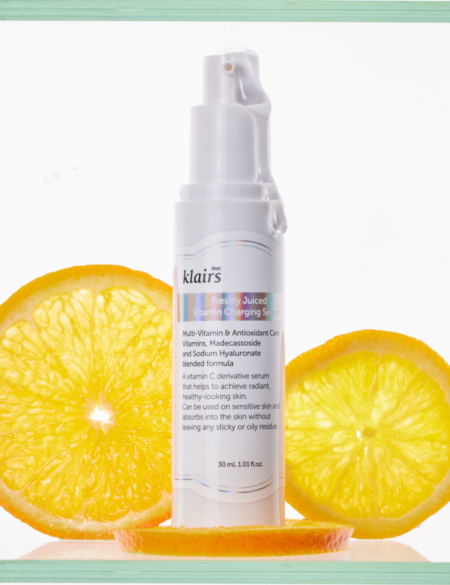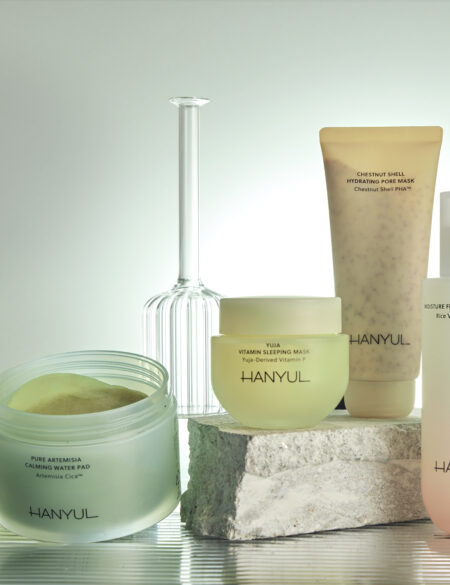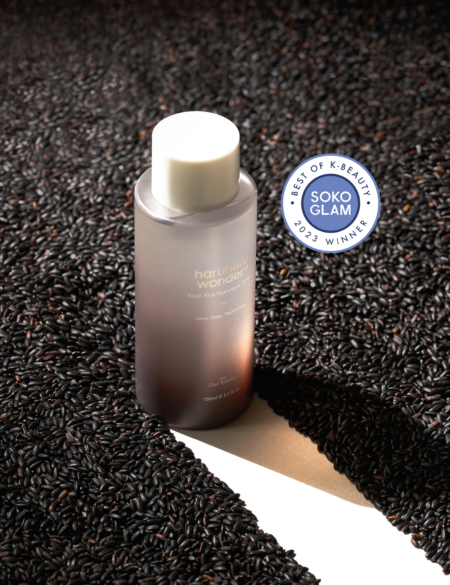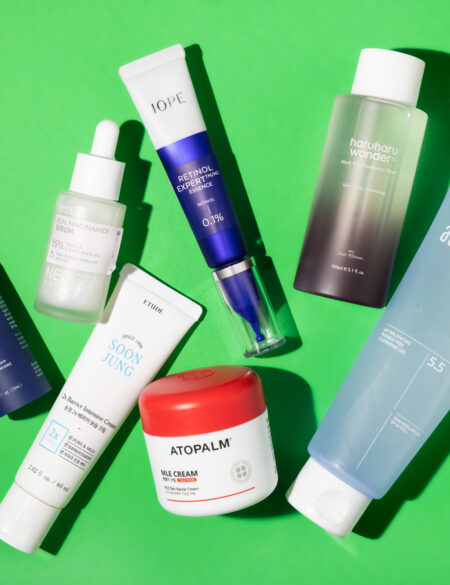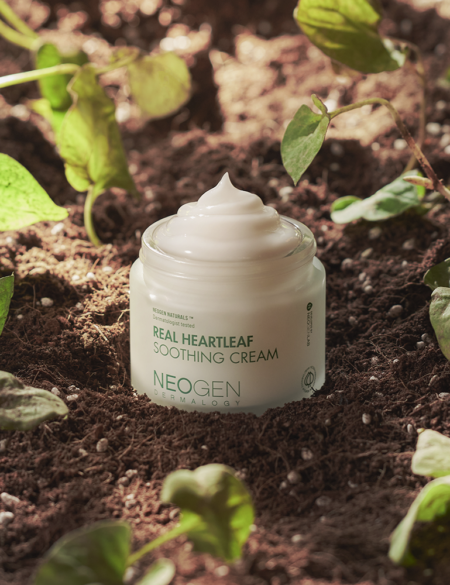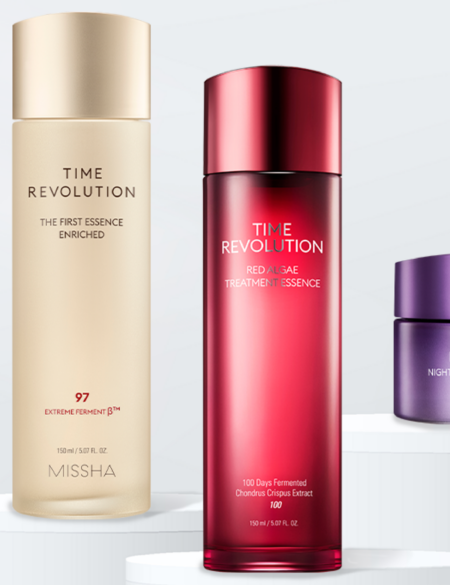Physical scrubs and hydroxy acids are not the only ways to exfoliate your skin; enzymes are a natural and effective alternative. Here’s what to know about them and where to find them.
Your first introductions to enzymes might have come in elementary biology, where you learned that living organisms – including us humans! – naturally produce these proteins to help facilitate everyday bodily functions such as digestion and metabolization. What you likely didn’t learn in grade school, however, is that certain powerful enzymes are sometimes extracted from botanical sources, such as pineapple, pumpkin, and papaya, and utilized in skin care products.
If you’ve ever been curious about how enzymes work in cosmetic formulations, which skin types benefit from them most, and whether they’re worth incorporating into your own regimen, today’s the day to learn.
How Enzymes Work
In the same way that enzymes produced by our body help break down the food we eat, the enzymes found in skin care products help break down old, lingering cells hanging out on the surface of our skin.
“[In short], enzymatic exfoliation enhances dead skin cell turnover, thereby unclogging pores and revealing new more vibrant cells. These newer cells provide for better penetration of products and more vibrant skin,” says Bella Schneider, a celebrity esthetician and product formulator. “Further, enzymes also speed up cellular function when used both topically and internally, and enzymes can fight against free radicals and oxidation, protecting skin from environmental damage.”
RELATED: The Best Exfoliator For Your Skin Type
When using enzymes consistently – and sometimes even after one treatment – you’ll notice skin is brighter, more even in tone, and smoother in texture.
Where Enzymes Come From
As mentioned, the enzymes found in skin care products are botanically sourced. There are many types of enzymes, but the most common versions you’ll find in topical beauty formulations include the following:
Bromelain: Found in pineapple juice as well as the pineapple stem
Actinidin: Exists in kiwi, pineapple, mange, banana, and papaya
Papain: Found in papaya
Ficin: Found in figs
Other botanicals that contain enzymes include pumpkin, banana, honey, and ginger.
Which Skin Types Benefit Most From Enzymes
In general, enzymes are considered a milder alternative to beta hydroxy acids (BHAs) and alpha hydroxy acids (AHAs). It’s important to note, however, that this ultimately depends on the concentration and product formulation.
“Enzymes are a great choice for those with sensitive skin, as they provide a gentle way to exfoliate and brighten. They’re also an option during pregnancy,” says Dr. Hadley C. King, a board-certified dermatologist based in New York City. “[With that in mind], AHAs and BHAs are generally more potent. That means they can work more deeply and intensely and with more dramatic results, but also have more potential for irritation.”
RELATED: The Questions We Get About Exfoliating All the Time
Schneider says that very oily or acne-prone skin types may benefit more from stronger exfoliants, such as salicylic acid. Also, those seeking a more aggressive anti-aging regimen will probably benefit more from stronger ingredients, such as bakuchiol, retinol, and glycolic acid. In general, though, enzyme-based skin care products are ideal for those with sensitive, normal, and/or dry skin.
Where to Find Enzymes in Skin Care
Given K-Beauty’s gentle-forward approach to skin care, it makes sense that enzymes are often utilized. If you’re eager to try a product yourself, the Rovectin Skin Essentials Activating Treatment Lotion is a great multitasking product packed with natural enzymes. This essence lotion utilizes papaya extract to exfoliate, caffeine to firm, and hyaluronic acid to plump and hydrate.
Another excellent option is the Saturday Skin Rub-A-Dub Refining Peel Gel, which combines papain and bromelain enzymes to brighten and smooth while aloe vera soothes and cellulose hydrates. It offers a fun user experience, as well. After cleansing, apply it onto dried skin and then gently rub in circles. The product will pill, taking dirt, grime, and dead cells with it.
Finally, the cult favorite Son & Park Beauty Water uses enzyme-rich papaya fruit water to sweep away dead skin cells for a brighter, smoother complexion.
If you have any more questions on enzymes, don’t hesitate to reach out in the comment section below. Happy exfoliating!


